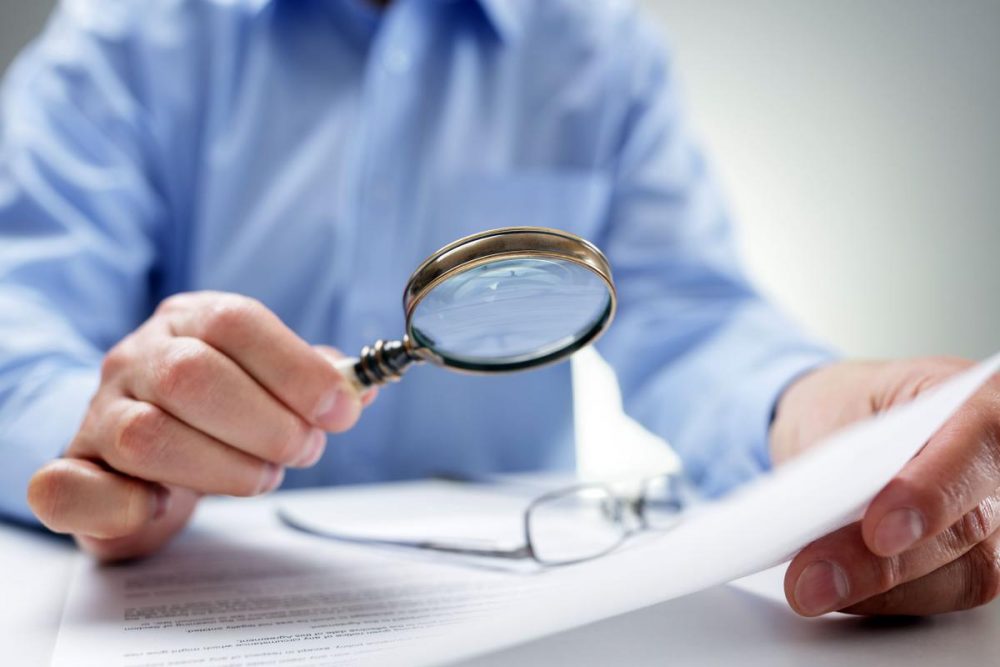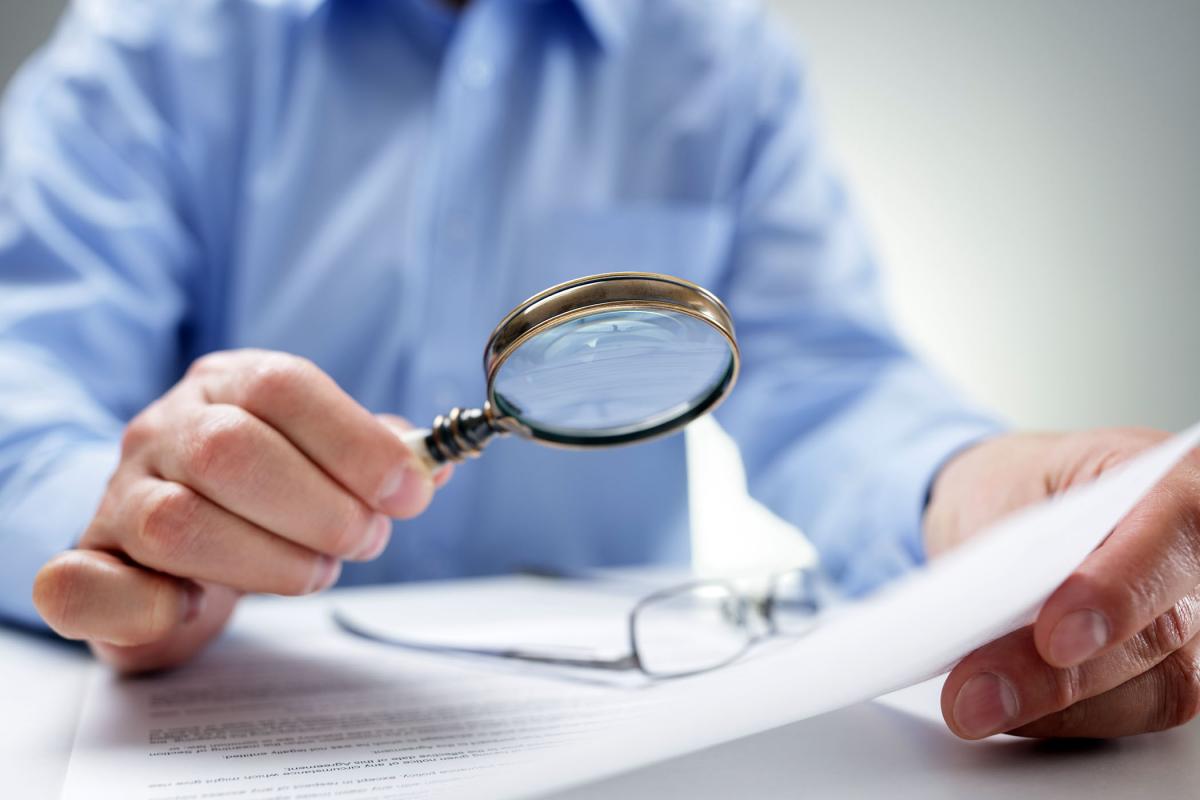Top Functions of a Private Investigator
Private investigators serve a very distinct and important role from that of lawyers. Given the wide range of services that private investigators provide, many lawyers keep them contract with them frequently or keep them on retainer.
When you hire a private investigator Chester, here are some of the services they can offer you:
- Locating People
There are times when a lawyer may need to find a person to have them served in a lawsuit, serve as a potential witness or find an heir. In other cases, a person may be hiding from prosecution or process servers as a result of misconduct. It is the work of the private investigator to find them. Other times, the private detective may be hired to help reunite family members separated by adoption or a move. They can also be hired to help locate a person so that a lawyer can investigate, interview or serve the person.
- Reviewing Electronic Evidence
Today, most data is stored in some form of electronic format. The electronic evidence in a case may make or break it. A private investigator can recover electronic files even if they have been deleted by the user. They can review emails, documents, voice files and audio files of a target of an investigation. They can do this for both lawsuit investigations and internal investigation.
- Locating Property
Other times, a private detective may be hired to locate a property. A business partner or spouse may be hiding assets preventing the other person from receiving the percentage they are entitled to. In other cases, a lawyer may want to garnish an individual’s salary or bank account or take hold of property to satisfy a judgment.
A private investigator may be able to search for special databases so as to find valuable assets. These may include offshore bank accounts, aircraft registrations, domestic bank accounts, real property, and any other assets.
- Monitoring Intellectual Property
Intellectual property is often the most valuable form of property that helps in protecting a person’s copyright, trademark or other such property. Private detectives can assess if a person’s patent is being violated so that the inventor can ensure that they are not losing value.
- Preparing for Cross-Examination
A private investigator can help prepare for cross-examination. They can review the background of a witness in order to use this information to overrule his or her testimony during a trial. They can also review the background of the client allowing him to identify any weaknesses before the trial. This allows him or her to adequately prepare for them.
- History-Reconstruction
A private detective can often provide important intelligence in a case. He or she interviews a witness, analyze documents and carry out other investigative methods to help reconstruct the background and history of a case. The history may be a corporate history involving the foundation of a business. It can involve the acquisition of property involved in a marriage or business. It can also be involving a chain of titles in a real estate case. Private investigators are skilled at identifying witnesses, documents and facts that are important to a particular case.
- Investigating the Other Party
If the other party is not necessarily an adversary, a private investigator can carry out a background check. This gives the lawyer a better idea of who the person is and if they can be associated with any potential risks. This technique is commonly used in cases that require due diligence.
- Investigating the Adversary
Through surveillance and use of other investigative techniques, a private investigator can look into the opponent’s background and current activities. They can reveal the history and mannerisms of an opponent and inform the lawyer about the adversary’s likely next move. The lawyer used this information to develop an effective strategy to combat the likely next move.
- Support Claims
A private detective can review documents, conduct surveillance, analyze evidence and interview witnesses in order to submit a claim. The information may be shared during dialogues with the insurance company.

